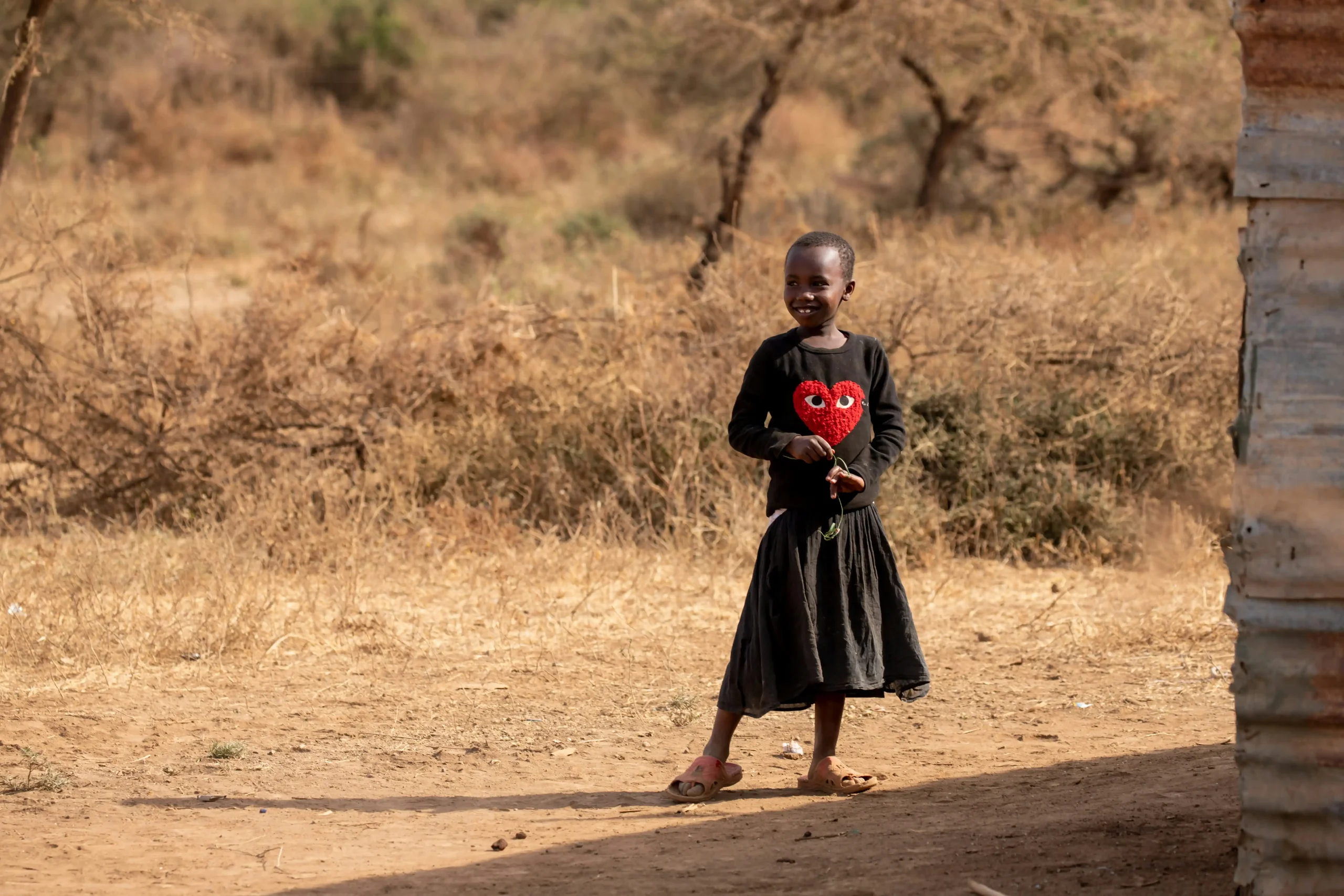Many people believe that people with disabilities have no right to a sex life. However, such a belief is hurtful and wrong. The fact is that people with disabilities often face additional challenges in the sexual sphere, but this does not at all mean that they have to give up this aspect of their lives. Let’s look at these difficulties and the opportunities that exist in the sexual sphere for people with various disabilities.
Table of Contents:
- Disability and the biggest challenges it brings
- Sexuality in disability – limitations and challenges
- Successful sex in disability – how to achieve it?
Disability and the biggest challenges it brings
Disability is an issue that affects millions of people around the world. Regardless of its nature, whether physical, mental or intellectual, disability undoubtedly significantly affects an individual’s life. Despite advances in equality and inclusion for people with disabilities, there are still some challenges posed by society.
The editors recommend: How does Zendaya define modern elegance? Analysis of her best looks
One of the biggest is social and institutional bias. People with disabilities often experience discrimination in the workplace, education and daily life. There are still many architectural, communication and social barriers that hinder their full participation in society. Combating such prejudices and changing social attitudes, is one of the most difficult challenges for people with disabilities and society as a whole.
Another major problem is access to services and infrastructure. People with disabilities often face difficulties in using public transportation, buildings or medical services. Lack of adequate infrastructure and support, can limit their opportunities for professional and personal development. The availability of rehabilitation resources, therapies and appropriate medical care, is crucial to improving the quality of life of people with disabilities.
Education is another challenge for people with disabilities. Despite advances in educational integration, many places still lack adapted teaching resources and support for students with various disabilities.
Health issues also pose significant challenges. People with disabilities often face additional health problems as a result of their disability or inadequate medical care. Access to adequate health care and rehabilitation is crucial to improving the quality of life and health of people with disabilities.
Disability is also often associated with financial difficulties. People with disabilities may have limited employment opportunities, leading to lower incomes and greater dependence on social benefits. Without adequate financial support and access to employment, people with disabilities may have limited opportunities for self-reliance and financial independence.

Sexuality in disability – limitations and challenges
Sexuality in the context of disability brings with it numerous challenges and limitations that can significantly affect the lives of such people. These challenges often stem from both physical and psychosocial factors, and are reinforced by negative societal beliefs and stereotypes about people with disabilities.
One of the most common limitations is the perception that people with disabilities are inadequate for an active sex life. This belief is often due to unawareness and lack of education about the sexuality of people with disabilities and the internalization of social prejudices by people with disabilities themselves. Such beliefs can lead to withdrawal from the exploration of one’s sexuality, social isolation, and lack of support for intimacy and relationship issues.
Physical and sensory limitations also pose significant challenges. People with mobility impairments, such as those in wheelchairs, may face difficulties in performing certain sexual positions or intimacy-related activities. Similarly, people with sensory disorders may experience difficulties related to the perception of sexual stimuli, which can lead to frustration and discomfort.
Another challenge is the lack of access to adequate health care and support. Health care systems are often not adequately adapted to the needs of people with disabilities, leading to a lack of access to sex education, preventive testing or sex therapy. This can be especially problematic when people with disabilities need specialized care for health problems related to their sexuality.
In addition, there are also challenges related to self-acceptance and building a positive body image. People with disabilities often have to contend with negative stereotypes about their appearance or sexual abilities, which can lead to feelings of inferiority and lack of confidence in intimacy.

Successful sex in disability – how to achieve it?
Achieving a satisfying sex life for people with disabilities requires understanding and addressing the specific needs, challenges and opportunities that may arise from a particular type of disability. Despite existing limitations, successful sex in disability is possible, with the right support, education and openness to exploring different methods and techniques.
Communication is the key
A key element in achieving a successful sex life is open and honest communication with both yourself and your partner. People with disabilities should freely express their needs, desires and concerns about sexuality. It is also important that the partner listens and respects these needs and is willing to cooperate in finding solutions.
Sex education also matters
Access to appropriate sex education is crucial for people with disabilities, both to understand their bodies and how they react, and to learn about safe sex and the prevention of sexually transmitted diseases. People with disabilities should have access to specialized educational materials and workshops that take into account their individual needs.
Seeking alternative techniques and positions
People with disabilities may need to experiment with different sexual techniques and positions that are more suited to their physical and sensory capabilities. Exploring and discovering alternative ways of intimacy together can strengthen the bond and contribute to a satisfying sex life.
Using auxiliary equipment
For some people with disabilities, assistive devices such as vibrators or equipment that facilitates sexual positions can be useful in achieving sexual satisfaction. It is important that people with disabilities have access to specialized products and support in using them.
Sex therapy and psychological support
In some cases, sex therapy and psychological support may be necessary for people with disabilities who experience difficulties related to sexuality. Sexological therapists who specialize in talking to people with disabilities can help identify problems, develop coping strategies and build healthy self-esteem in the intimate sphere.
Achieving a satisfying sex life for people with disabilities requires acceptance of one’s own body, trust in one’s partner, and a willingness to experiment and adapt to changing needs and abilities. It is also important for society as a whole to be more empathetic and open to the needs of people with sexual disabilities and to provide them with adequate support and understanding.
Editorial recommends: Rape, Trauma and Anxiety Disorders: How to Deal with Hard Experiences?





